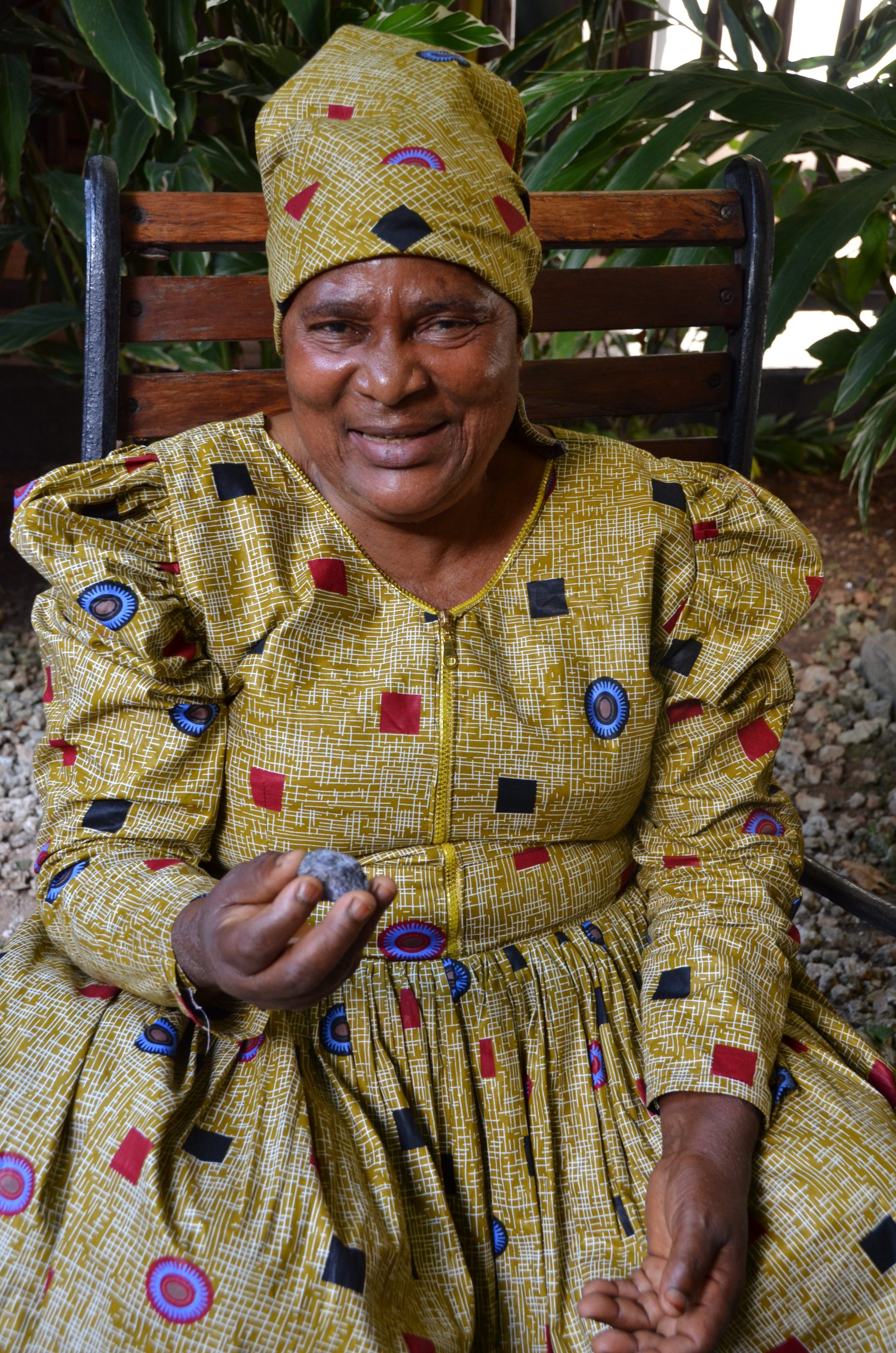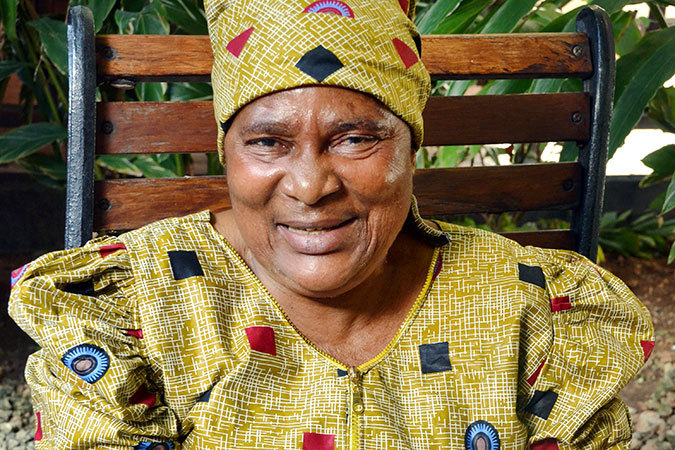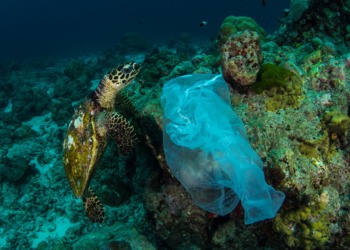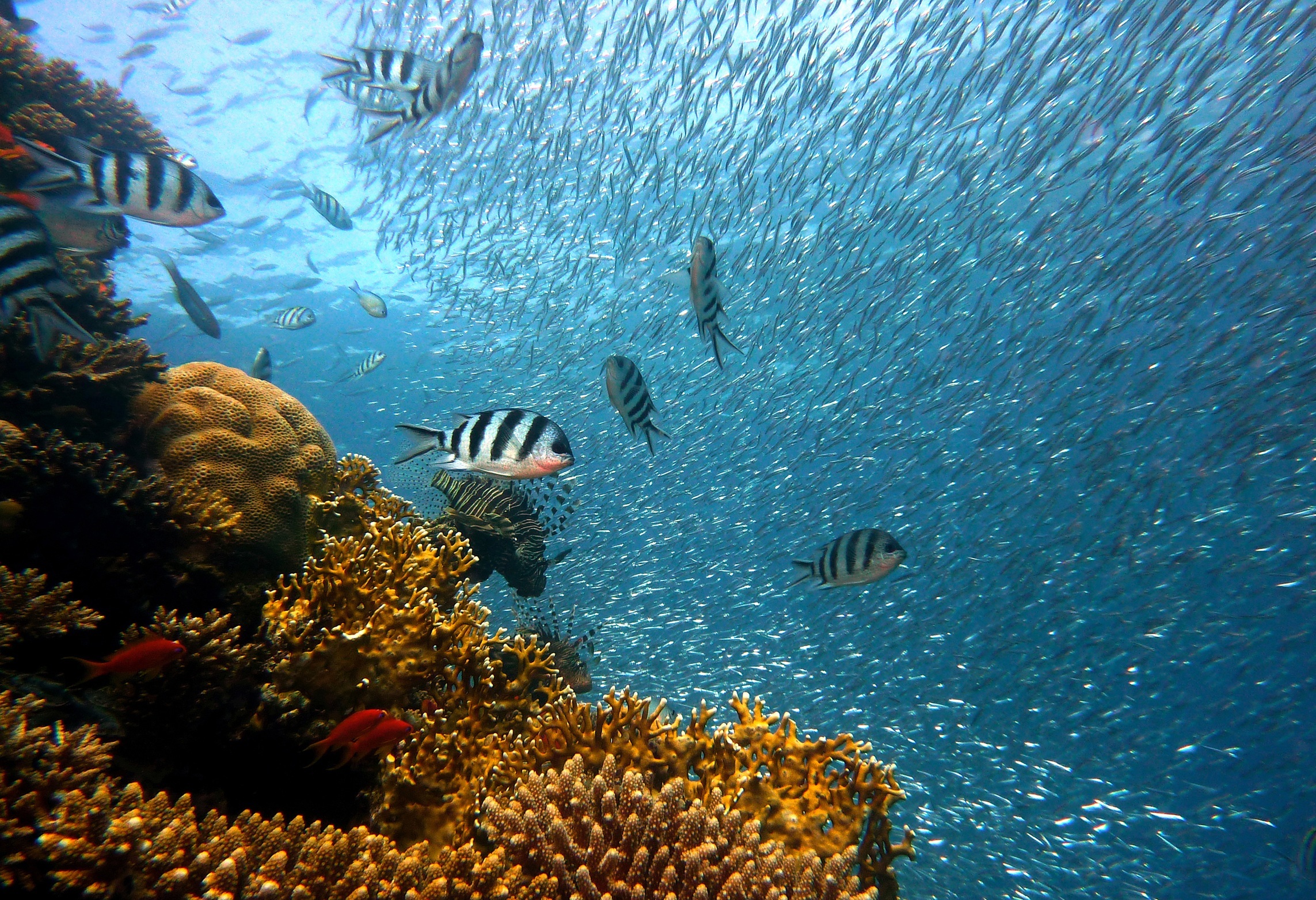EDITOR’S NOTE: THIS PIECE IS AUTHORED BY UN WOMEN AS PART OF THE SERIES “FROM WHERE I STAND”, WHICH CAPTURES PEOPLES STORIES AND THEIR DAILY SUSTAINABLE DEVELOPMENT CHALLENGES FROM AROUND THE WORLD. SEE THE FULL SERIES HERE.
Pili Hussein is Tanzania’s first woman miner, who disguised herself as a man to access the Tanzanite mines. During the week, she worked alongside men in the mines and on weekends, as a farm hand. Today, she has 70 employees, a mining license, and wants to make sure that the next generation of women miners don’t face the same barriers as she did.
“I was 31 when I ran away from my abusive husband’s home and made my way towards the Mererani mines at the foothills of Mt. Kilimanjaro. I had heard that a few grams of the famed blue stone—the lucky Tanzanite—sold for thousands of Shillings.
When I arrived in Mererani, I was told that women were not allowed to enter the mines. I didn’t know if the law forbid women or the men didn’t think women could do the job. I secretly followed some men into a mine and watched them dig and sieve the dirt for raw tanzanite. I thought to myself, I can do this too. Why should it matter that I am a woman?
That day I took on the name of Mjomba Hussein (Uncle Hussein). My ski cap hid my hair and part of my face. I abandoned my skirt for loose trousers and long sleeved shirts. I worked alongside men for 10 – 12 hours every day; they never suspected that I was a woman. I drank Konyagi (local gin) and joked with the men about which village women I liked.
The miners treated me as an equal and even sought my counsel. I was able to convince them to stop harassing the village women.
After almost a year, I found two clusters of tanzanite stones, 1000 grams and 800 grams each. That’s when my life began to change. Soon, I purchased more tools, employed miners to work under me, and could buy farm land with my savings. In the early 90s, I had enough money to apply for a mining license and to my surprise, the law didn’t prohibit women from mining!
Today, I have 70 employees working for me, 150 acres of land, 100 cows and a tractor. I have sent 32 children from my family to school. I want to work with younger women to teach them how to do business in the mining sector.”
I never had anyone to guide me and had to live with a false identity as a man, just to access the mines. It doesn’t have to be this way for the next generation.

Photo Credit: UN Women/Deepika Nath
Pili Hussein, 60, is one of the few women Tanzanite miners in Tanzania. She was recently interviewed for the Mapping Study on Gender and Extractives Report in Mainland Tanzania, conducted by UN Women Tanzania in collaboration with Global Affairs Canada.
The study maps gender-specific challenges in the extractive industry, and provides policy recommendation on how to promote women’s engagement in non-traditional employment, such as in the mining sector. Her story relates to Sustainable Development Goal (SDG) 8, which promotes full and productive employment and decent work for all and SDG 5, which promotes gender equality and women’s empowerment, including in economic participation and access to resources.










